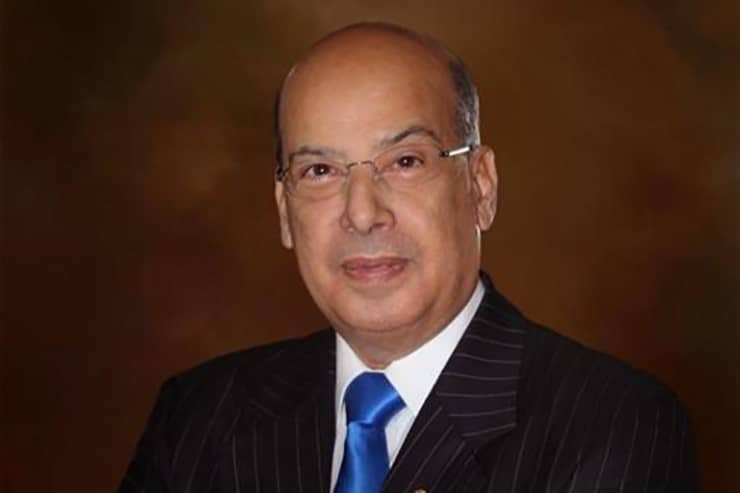The Dominican Republic (DR) is set to host the 2025 Summit of the Americas, a pivotal gathering of 32 Western Hemisphere nations. However, the event has already sparked controversy with the DR government’s announcement on September 30 that Cuba, Nicaragua, and Venezuela will not be invited. The decision, framed as necessary to ensure broad political dialogue and summit success, mirrors the 2022 Summit in Los Angeles, where the exclusion of these nations led to protests and boycotts by some leaders. The DR emphasized that this move does not affect bilateral relations with the excluded countries. The exclusion is likely to reignite debates over ideological rifts within the hemisphere, particularly as global and regional challenges—such as conflicts in the Middle East and Europe—cast economic and security shadows over the Americas. The Summit’s agenda focuses on four critical security pillars: citizen security, energy security, water security, and food security. Latin America and the Caribbean face significant challenges in these areas, including the world’s highest homicide rates, water insecurity, and elevated food prices. The DR has been preparing for the Summit since February, with a draft declaration issued in June and negotiations among the 32 participating countries ongoing since September 11. A key initiative is the CEO Convocation, co-hosted with the Inter-American Development Bank, aimed at fostering public-private partnerships to address these challenges. Additionally, the Summit seeks to advance trade and economic integration across the region, with a focus on customs facilitation, reliable transportation links, and infrastructure development. Caribbean leaders are urged to attend to address specific regional concerns, such as the UN Security Council’s decision on Haiti and climate change negotiations. Despite the political controversy, the Summit offers an opportunity for leaders to engage in constructive dialogue, manage differences, and advance hemispheric cooperation. The DR government has framed the exclusions as a Summit-specific decision, encouraging leaders to attend and advocate for their national interests. Absence, it argues, only diminishes their influence in shaping decisions that impact the entire region.
COMMENTARY: No Empty Chairs: The Case for Attending the 2025 Summit of the Americas
